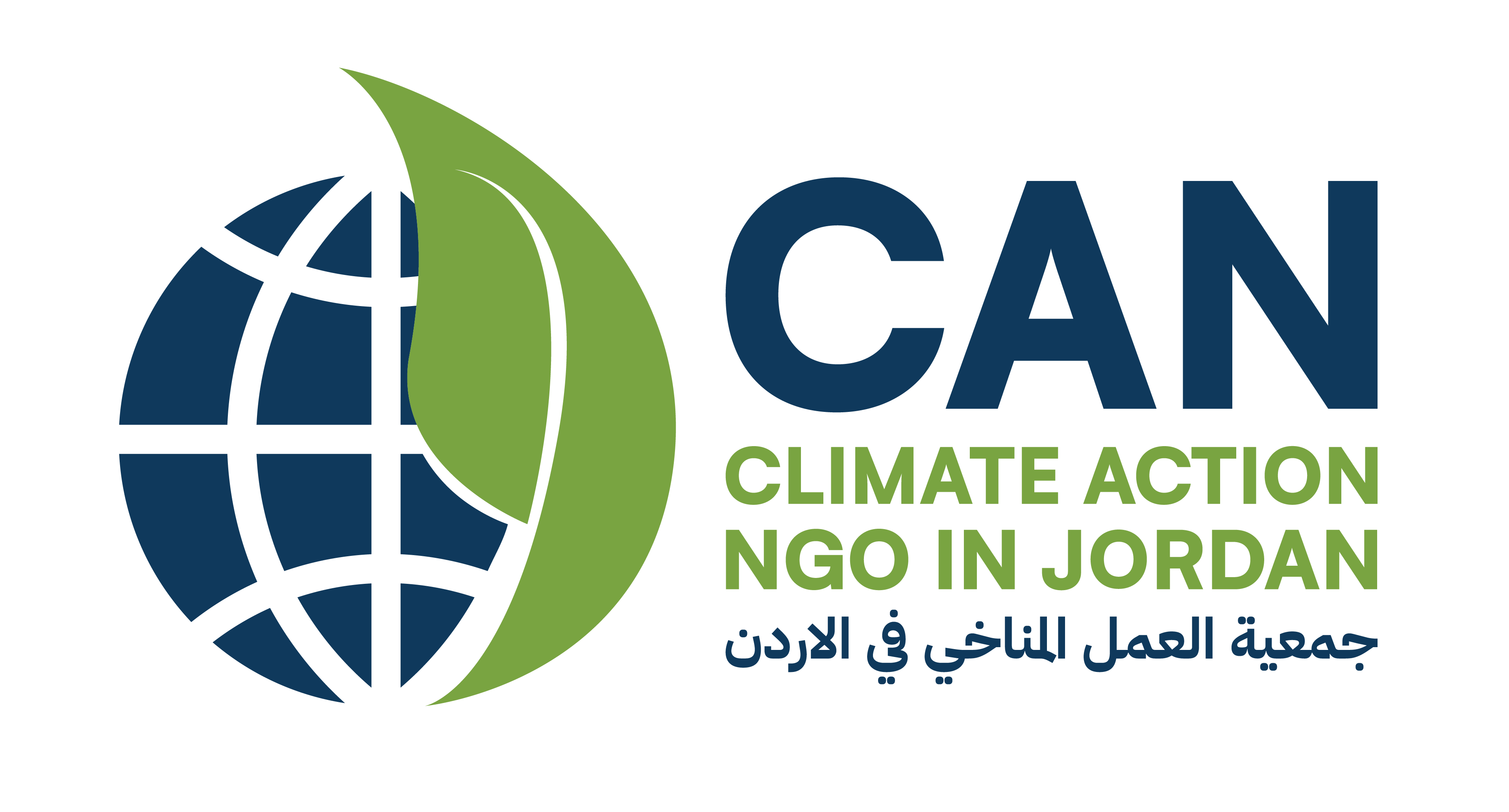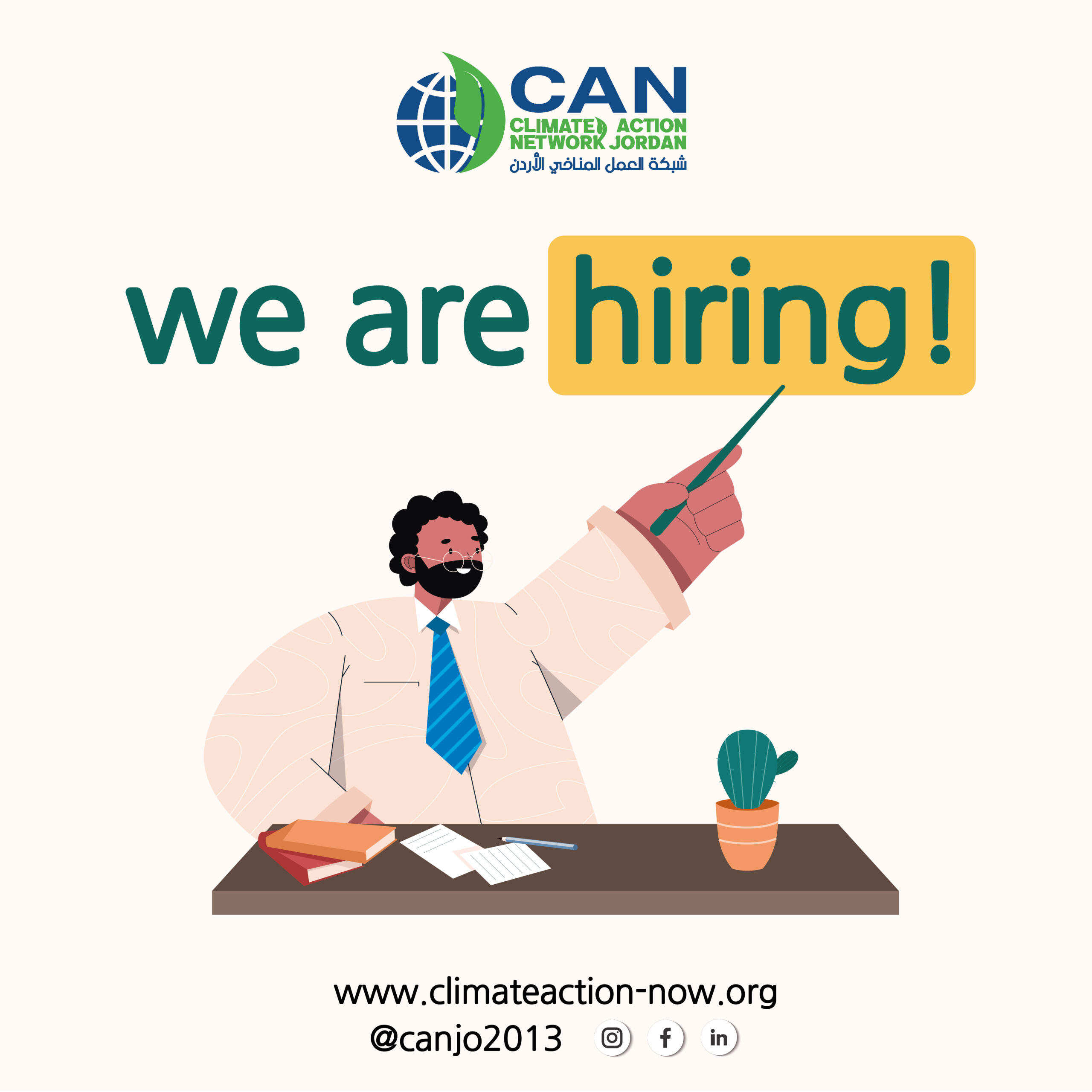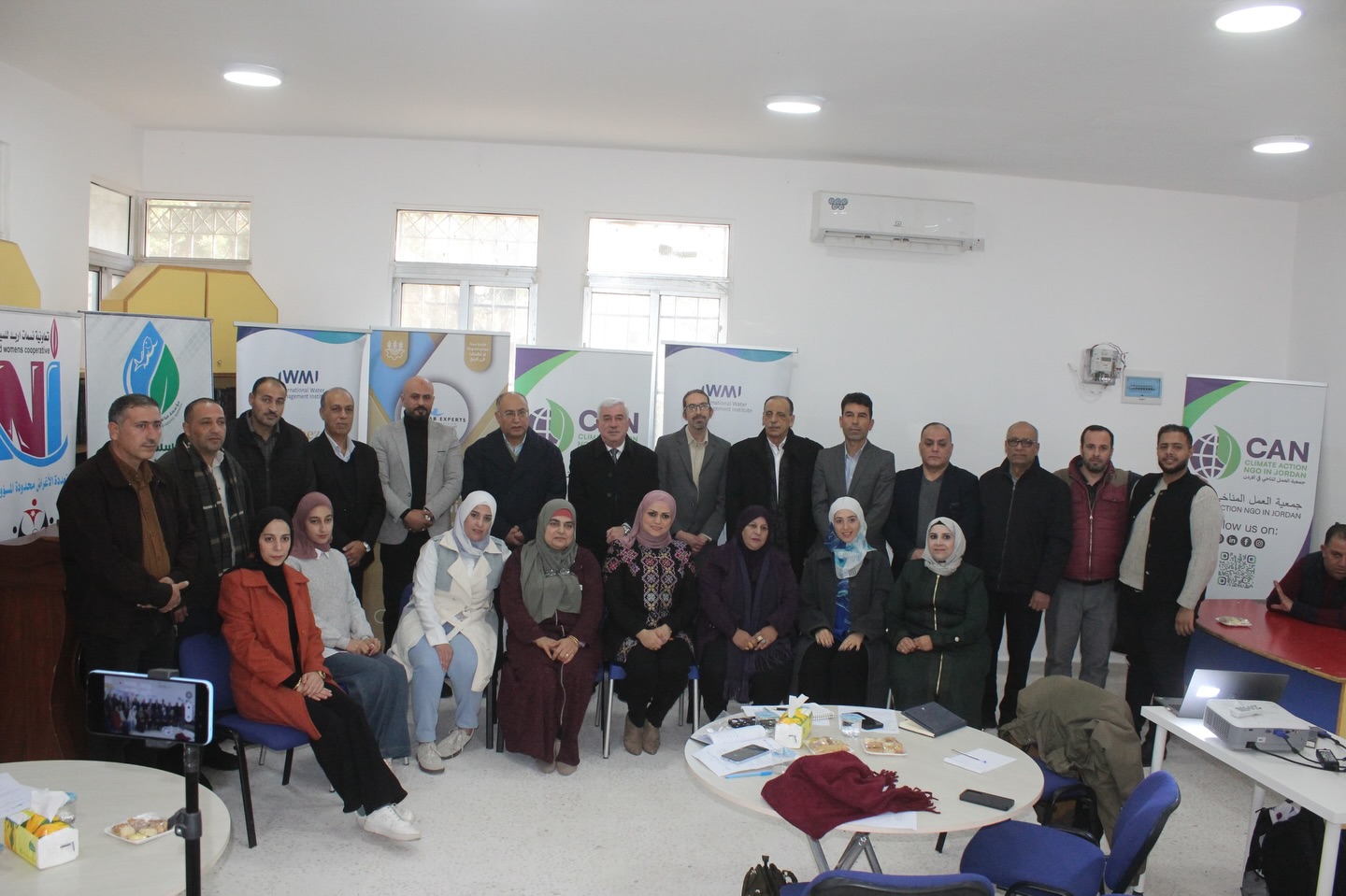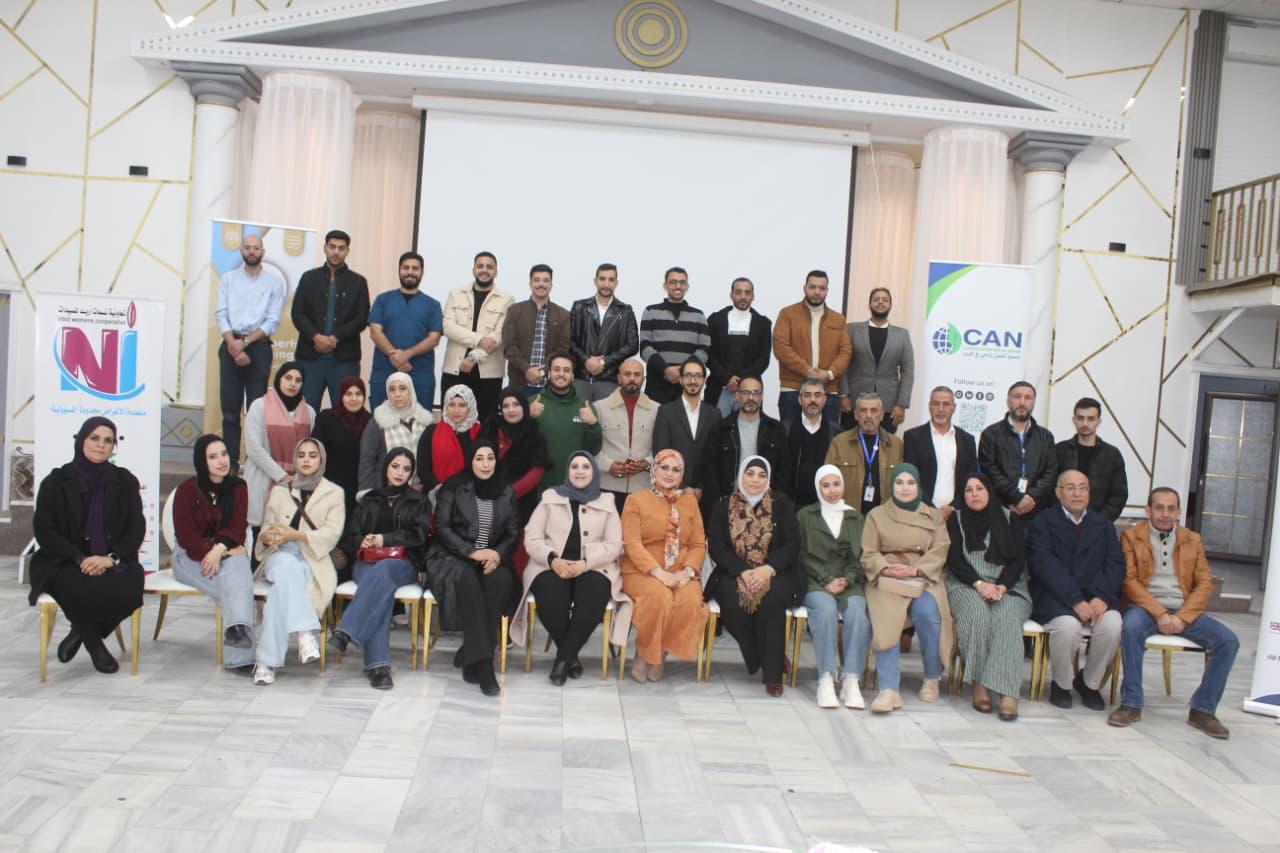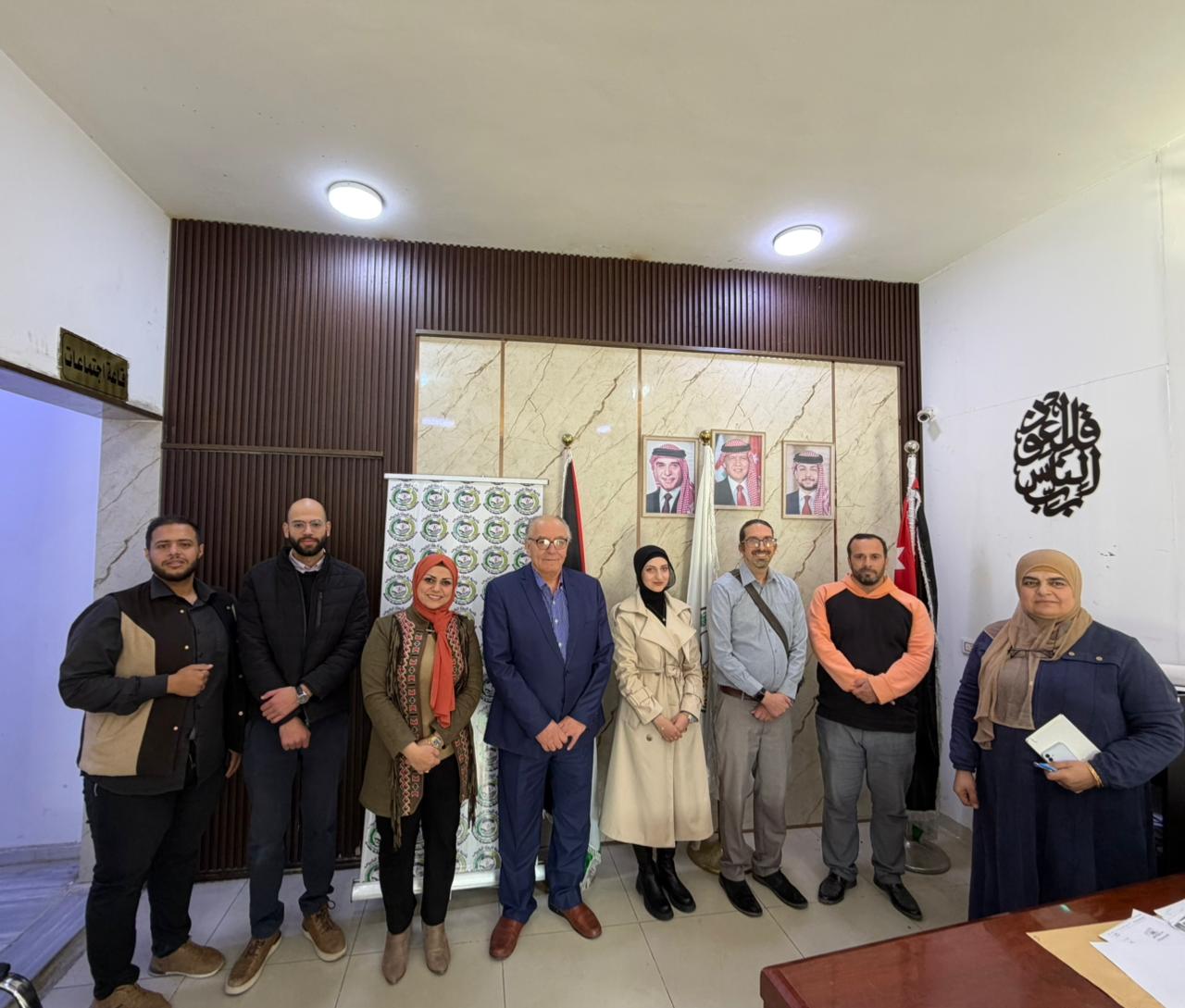Global Center on Climate Change, Water, Energy, Food, and Health Systems
Pilot Grants Program 4th Call for Proposals
Call issue date | October 1, 2025 |
Expression of interest to submit a proposal | by October 20, 2025 |
Full proposal submission deadline | November 7, 2025, at 5 pm Jordan time (GMT+3) |
Expected selection notification date | November 20, 2025 |
Expected projects begin | November 30, 2025 |
- Introduction
The Global Center on Climate Change, Water, Energy, Food, and Health Systems (GC3WEFH), led by the University of California San Diego Herbert Wertheim School of Public Health and Human Longevity Science, is a collaborative effort with universities in the U.S. and internationally, and community organizations. The Center aims to address the health impacts of climate change and improve coordination across water, energy, food, and health sectors to achieve sustainable development and community well-being.
- Funding opportunity description
GC3WEFH is offering up to ten pilot grants for high-impact research or intervention projects that propose action-oriented solutions to climate change health impacts in Jordan. The pilot grants should be designed to support applied scientific research with on-the-ground implementation and measurable impact.
- Areas of interest
The 4th Call seeks proposals from Jordanian community organizations, or teams led by Jordanian community organizations, aligned with GC3WEFH’s focus areas:
- Addressing climate change health impacts
- Improving coordination across water, energy, food, and health sectors
- Promoting sustainable development and community well-being
- Capacity building of community and professionals in climate, water, energy, food, and health sectors.
Note: Applicants must demonstrate a comprehensive approach to address ALL priorities of GC3WEFH in their proposals, tackling interconnected challenges and delivering tangible community benefits. These priorities include:
- Identifying and mitigating health impacts directly associated with climate change.
- Enhancing coordination across the water, energy, food, and health sectors to achieve systemic efficiency and resilience.
- Promoting sustainable development practices tailored to the specific needs of Jordanian communities.
- Strengthening the capacity of both community members and professionals to respond effectively to challenges in climate, water, energy, food, and health systems.
This Call for proposals intends to fully define the scope, tasks, and milestones for these projects, and to ensure complete alignment with GC3WEFH goals, as reflected in the U.S. National Institutes of Health (NIH) post-negotiation award document.
- Eligibility information
- Who can apply?
Eligible applicants include:
- Current members of the GC3WEFH.
- Members of its Stakeholder Advisory Board in Jordan.
- Jordanian community organizations
Organizations proposed for an award by the Pilot Grants Program Review Panel but not currently members of the GC3WEFH must join the Center before signing the Grant Agreement.
- Collaborative Proposals
Proposals involving more than one community organization are encouraged. In such cases, one organization must act as the lead applicant to submit the proposal and will be responsible for overall project coordination, grant management, and reporting. The partner organization(s) will support the implementation of specific project components and contribute to the achievement of project objectives. Clear roles and responsibilities for each partner should be outlined in the proposal.
Note: Grantees from the previous Calls may reapply if all the following conditions are fulfilled:
- Their previous project has been completed.
- A final report has been submitted to the Center.
- The project’s completion has been assessed as satisfactory.
- The new project must be distinctly different from the previously funded project. Applicants should include a section in the Aims of the Application Form that clearly justifies these differences.
- Additional Considerations
- Exclusions: Proposals from large organizations, defined as entities with annual budgets exceeding USD 1 million or significant access to other funding sources, will not be considered. Examples include multinational NGOs or institutions with existing large-scale funding from international donors. The Call is focused on empowering smaller, community-focused organizations that often lack such opportunities.
- AI Usage: Using AI (such as ChatGPT or other software) to generate a proposal will disqualify the proposal. If AI is used for certain aspects of the proposal, it must be declared in detail. This declaration will be taken into consideration when evaluating the proposal.
iii. Selected projects are subject to the GC3WEFH award terms and conditions.
- The NIH, as a full partner in the Center, reserves the right to:
- Request additional information to verify applicant eligibility.
- Decide whether to fund the proposed project entirely, partially, or not at all.
- Project duration
The project’s end date must not be later than August 31, 2026.
- Grant amount
The maximum grant amount per project is USD10,000. For collaborative projects, the budget can be up to USD20,000.
- Application process
- Expression of Interest
Interested parties must send an expression of interest by email to submit a proposal in the framework of this 4th Call by October 15, 2025. The Expression of Interest must include:
- Organization name
- Contact person
- Tentative proposal title
- Brief description of the proposal concept (up to 200 words)
The Pilot Grants Program Review Panel will assess the submitted Expressions of Interest and notify those whose proposal is considered to comply with the Call’s requirements to submit a full proposal.
- Full Proposal Submission
Only those who receive a notification to proceed with submitting a full proposal will submit a single PDF document containing the Application Form, along with a detailed budget, a budget justification, and the budget spreadsheet (templates are annexed to this Call).
- A Questions & Answers session will be held on October 22, 2025 (tentatively) for applicants with questions about proposal preparation and the application process. Prior notification of the session will be sent to the applicants, and attendance is highly recommended.
- Proposal submission
Proposals must be submitted via email to kostis.pappas@tamu.edu by the date and time specified on the first page of this call. A confirmation email confirming successful submission will then be sent. If you submit a proposal and do not receive a confirmation email, please submit your application again.
- Proposal review information
- Review criteria
Compliant proposals will be evaluated based on the following merit review criteria:
- Alignment with GC3WEFH mission (25%)
- Technical approach, plan, and feasibility (30%)
- Budget appropriateness (10%)
- Level of Community Engagement (15%)
- Benefit to the Community (20%)
- Review panel
- A blinded review will be organized by the Pilot Grants Program Review Panel with help from other members of the Center’s research groups, according to the subject of the proposed pilot topic.
- Proposals will be scored by at least two different reviewers.
- All proposals will be informed about the evaluation result.
- During the grant preparation phase, a dialogue between the Pilot Grants Committee and the applicant will fine-tune technical or financial aspects of the project, including adjustments to address recommendations of the evaluation committee. Compliance will be a precondition for signing the grant.
- Reporting and payment arrangements
- Upon the grant signature, the grantee will receive a preliminary payment to start working on the project (up to 30% of the grant amount).
- Monthly or bi-monthly Zoom reviews will be scheduled for all granted teams.
- There will be one interim payment of 50% (with cost reporting).
- A 3-page final report addressing each of the review criteria in the Call is required at the end of the project.
- The payment of the balance will be made upon receipt of the final report and a satisfactory assessment of project completion. Details of the money spent with documentation will need to be submitted and must be consistent with the initial budget justification. At the end of the project, we will calculate the final grant amount.
- All payments will be made to the bank account that will be provided in the grant agreement.
- Please note that failure to pursue the proposed pilot and deliver its outcomes will carry subsequent financial consequences.
- The grantees are responsible for keeping records of all the work done and the costs declared.
Contact
Please direct questions to:
Dr. Konstantinos Pappas, email: kostis.pappas@tamu.edu
Dr. Wael Al-Delaimy, email: waldelaimy@health.ucsd.edu
